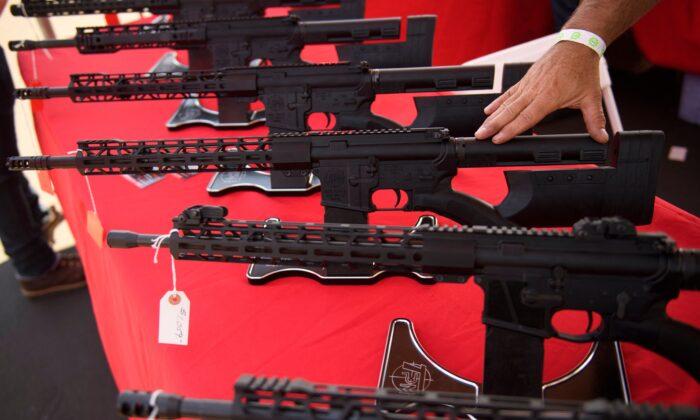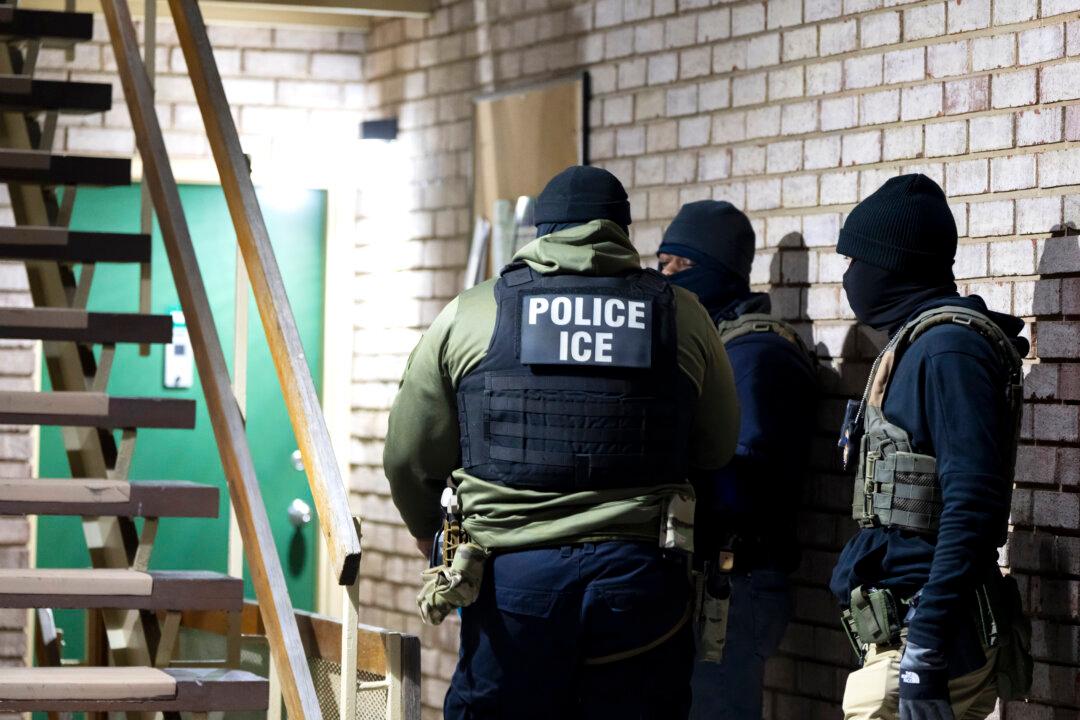A federal appeals court ruled to keep an Illinois state-wide “assault weapons” ban intact by denying a business owner who said the ban violates the U.S. Constitution’s 2nd Amendment.
The legislation to ban such weapons was introduced in January, coming months after a shooting at a Fourth of July parade in Highland Park that left seven dead and dozens more injured. No motive was established by law enforcement in the mass shooting, and police later arrested a suspect in the case, Robert Eugene Crimo III.
Bevis’s lawyers have wrote that his business, Law Weapons & Supply, had suffered because of the ban. His store also may have to close down due to the new law, they wrote.
“The challenged laws ban arms commonly possessed by law-abiding citizens for lawful purposes. Heller’s central holding is that a categorical ban on arms held by law-abiding citizens is unconstitutional,” his lawyers wrote to the appeals court last month, referring to the Supreme Court’s 2008 ruling on District of Columbia v. Heller in which the high court found that a District of Columbia law regulating gun ownership to be unconstitutional.

They added: “One would suppose that the district court would apply the Heller test or, failing that, at least explain why it believed the test is not applicable. The district court did neither. It erred when it simply ignored Heller’s central holding. Nowhere in its opinion does it apply, or even acknowledge, Heller’s holding in this regard.” It further contended that Bevis’s constitutional rights were violated.
It came after Kendall ruled that Bevis and others suffer a “minimal” financial “burden and loss of access to effective firearms” with the bank. “On the other side, Illinois and Naperville compellingly argue their laws protect public safety by removing particularly dangerous weapons from circulation. The protection of public safety is also unmistakably a ‘public interest,’ one both laws further,” she added.
Kendall further argued that “because assault weapons are particularly dangerous weapons ... their regulation accords with history and tradition.” But such weapons, Bevis’s lawyers argued in their petition to the 7th Circuit, are “commonly possessed by law-abiding citizens for lawful purposes,” and therefore cannot be banned because they are “not unusual.”
In explaining why he wanted to sue, Bevis told a local media outlet that he believes the ban violates Americans’ 2nd Amendment right to keep and bear firearms.
His challenge is one of many that seek to overturn the statewide law.
“We are doing this to help the whole state of Illinois. We are doing this to try to defend our rights,” Bevis said.





